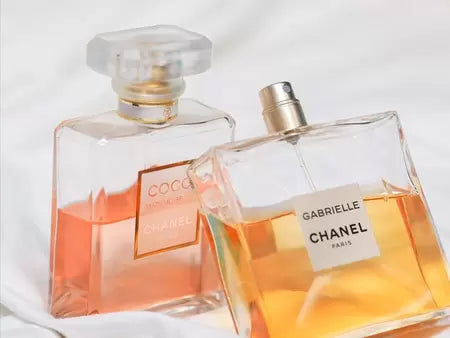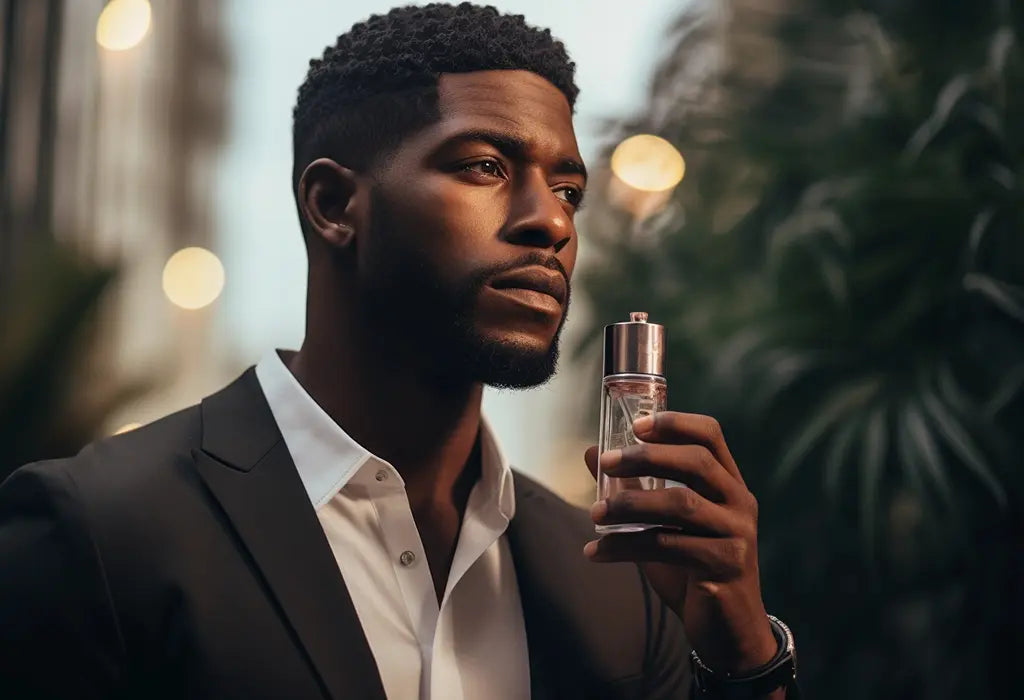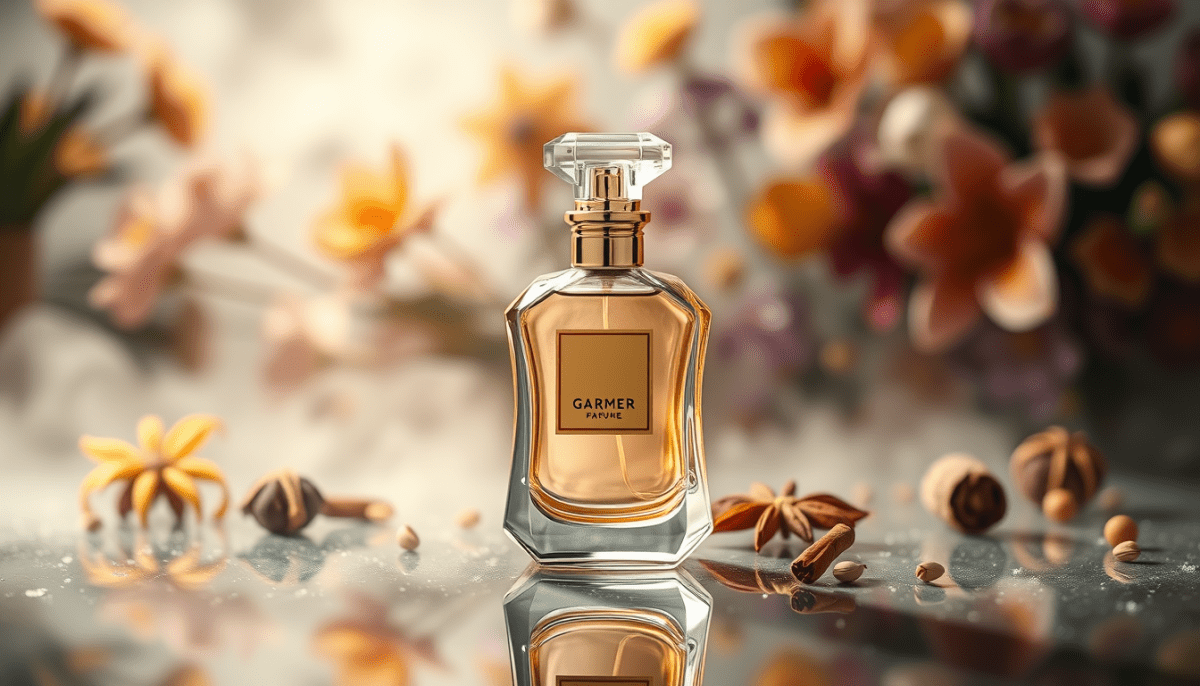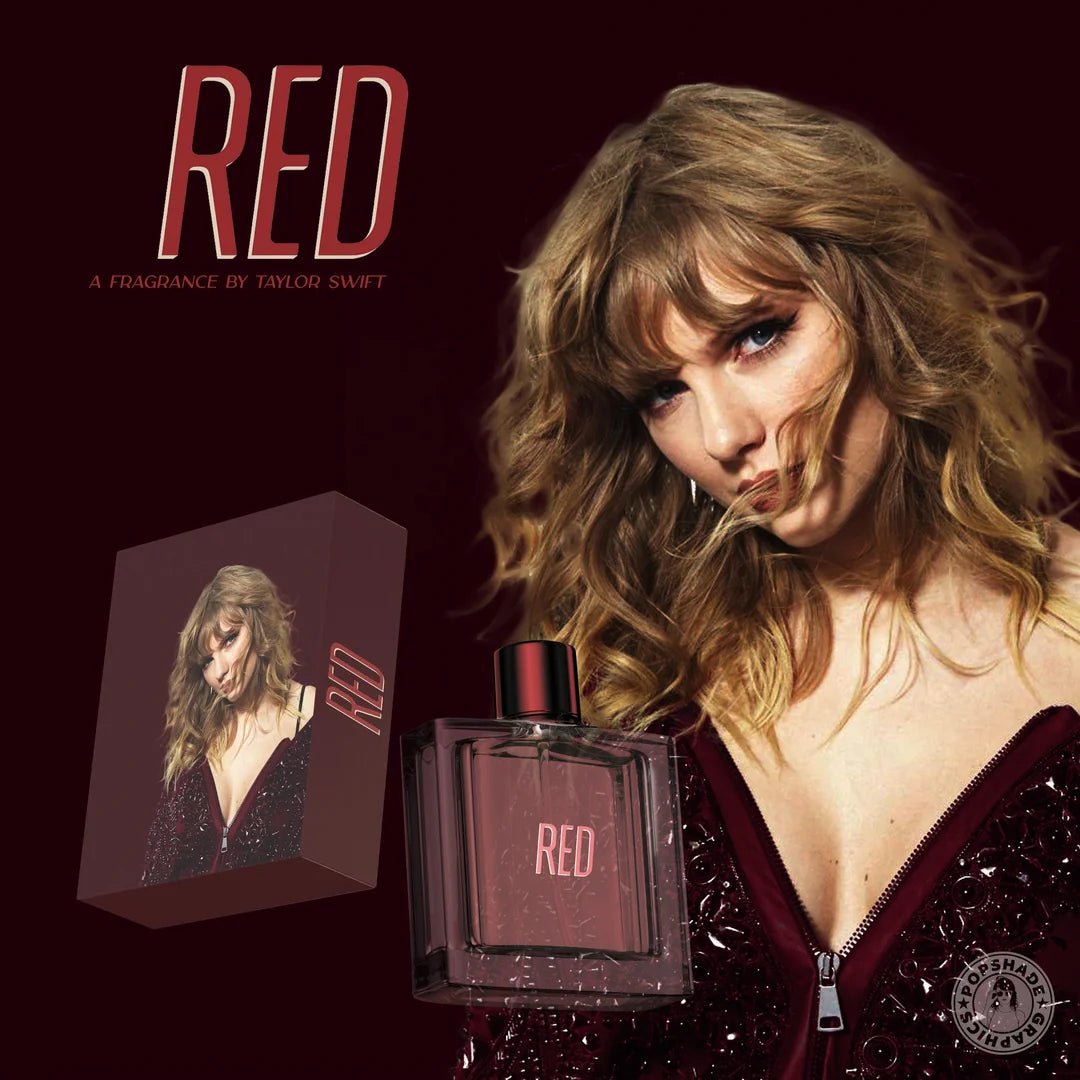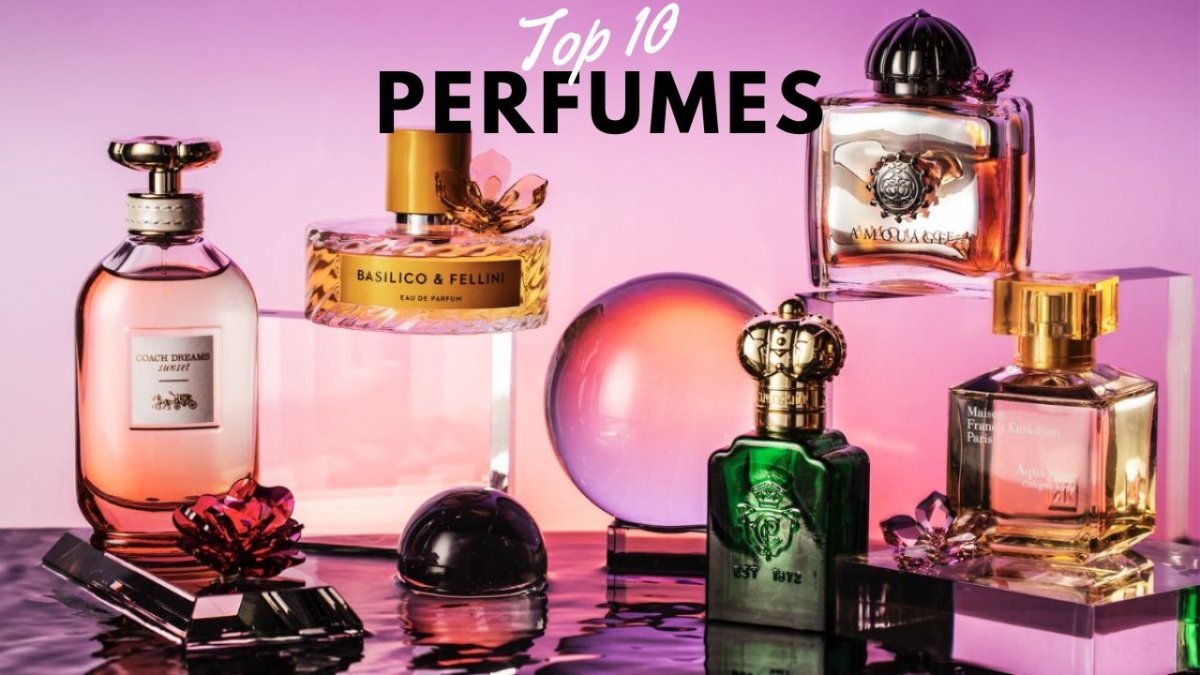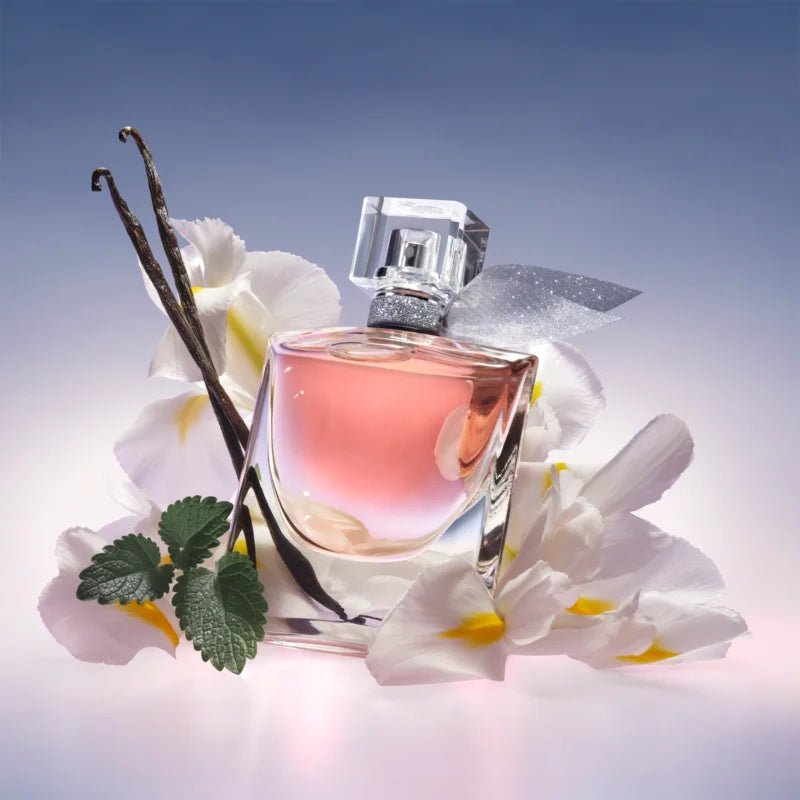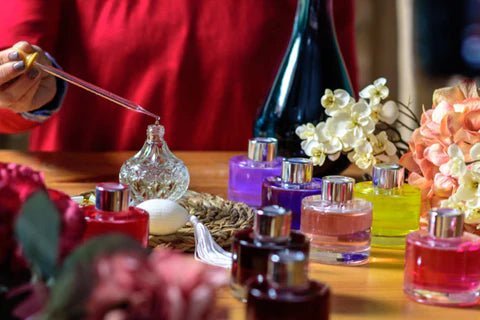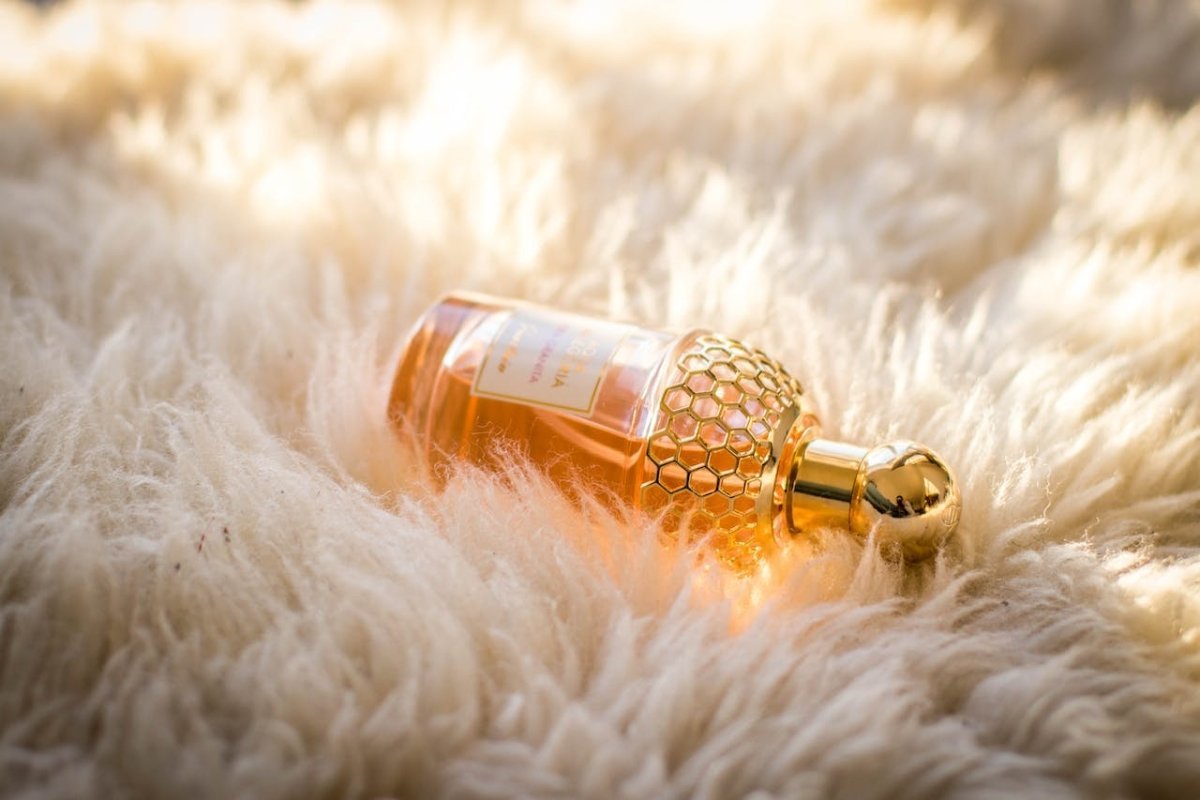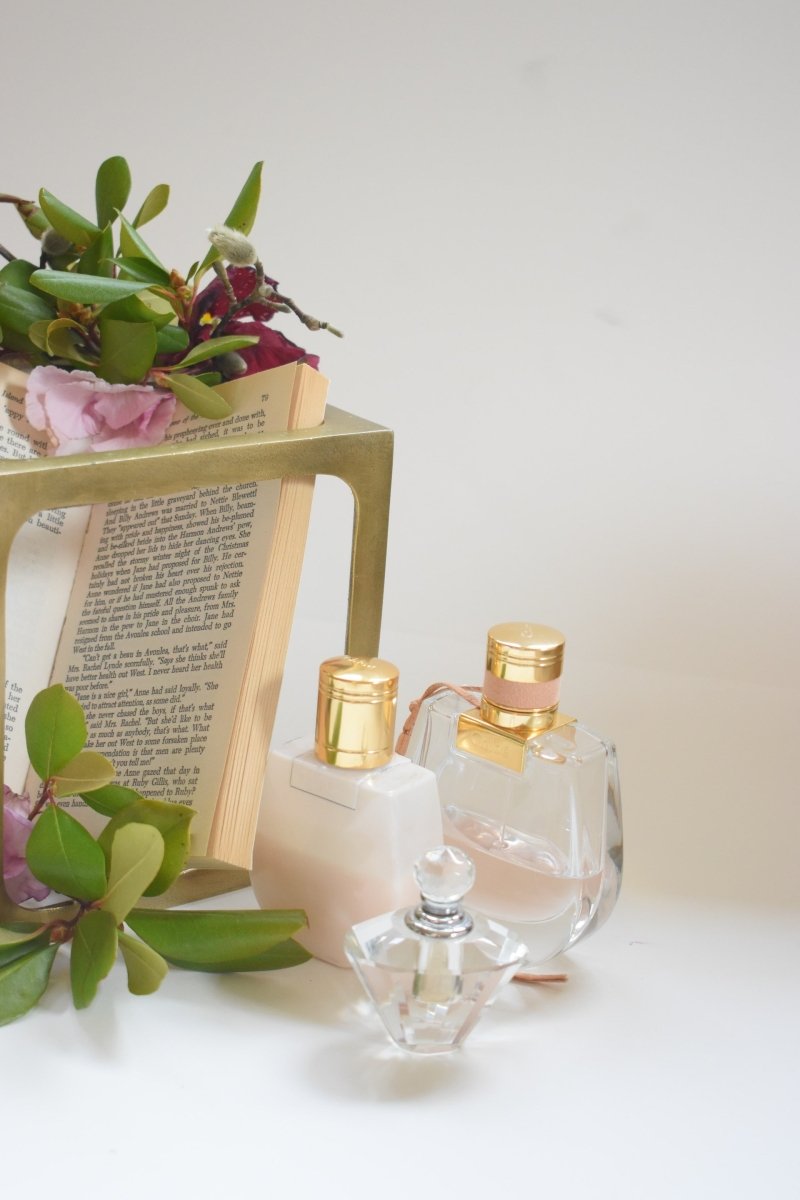
Perfume: Unraveling the Art of Fragrance Creation
Table of Contents
- Introduction
- The Origins of Perfume
- Understanding Perfume Notes
- The Art of Perfume Making
- Choosing the Perfect Perfume
- Perfume and Emotions
- The Science of Fragrance
- The Impact of Packaging
- Sustainable Perfumery
- Perfume Tips and Tricks
- DIY Perfume Recipes
- Perfume and Memory
- The Future of Perfumery
- Perfume Collecting
- Conclusion
Introduction
Perfume, a scented liquid that has been enchanting and captivating humanity for centuries, is an art form that involves blending aromatic compounds to create alluring fragrances. From ancient civilizations to modern times, the allure of perfume remains undeniable. In this article, we will delve into the world of perfumery, exploring its fascinating history, the intricacies of fragrance creation, and the profound impact of scents on our emotions and memories. Whether you are a perfume enthusiast or simply curious about the magic of scents, this article will take you on an aromatic journey through the art of perfume-making.
1. The Origins of Perfume
The story of perfume begins in ancient civilizations like Egypt and Mesopotamia, where fragrant oils and resins were used for religious rituals, hygiene, and beauty practices. Over the centuries, perfumery spread to other regions like Greece, Rome, and the Far East, where it became a symbol of luxury and refinement. Understanding the historical roots of perfume gives us a deeper appreciation for its significance in various cultures throughout time.
2. Understanding Perfume Notes
A perfume's scent is a symphony of various notes that unfold over time. From the initial burst of top notes to the heartwarming middle notes and the lingering base notes, each phase of a perfume's development tells a unique story. Understanding the concept of perfume notes helps us comprehend why certain fragrances resonate with us more than others and how they evolve on our skin.
3. The Art of Perfume Making
Perfume creation is an intricate art that involves a harmonious blend of natural and synthetic ingredients. Perfumers, often referred to as "noses," are skilled artisans who carefully select and combine aromatic compounds to compose captivating scents. Exploring the creative process behind perfume making offers insights into the meticulous craftsmanship that goes into each bottle.
4. Choosing the Perfect Perfume
Selecting the right perfume can be a daunting task, given the vast array of options available. Factors like skin chemistry, personal preferences, and occasions play a crucial role in finding the perfect scent. By understanding the various fragrance families and testing different perfumes, you can discover a signature scent that truly represents you.
5. Perfume and Emotions
The sense of smell is intimately connected to our emotions and memories. A particular fragrance can evoke nostalgia, joy, or even sadness, as scents are deeply intertwined with our experiences. Unraveling the emotional impact of perfumes sheds light on the powerful role they play in enhancing our moods and emotions.
6. The Science of Fragrance
Behind the artistry of perfumery lies a world of science. Chemical compounds, volatility, and olfactory receptors all contribute to how we perceive scents. Understanding the scientific aspects of fragrance creation provides a fascinating glimpse into the chemistry that governs our olfactory senses.
7. The Impact of Packaging
The visual appeal of perfume packaging can be just as alluring as the fragrance itself. Perfume brands invest significant effort in designing exquisite bottles and packaging that reflect the essence of their scents. Exploring the symbiotic relationship between perfume and its packaging showcases the importance of aesthetics in the world of perfumery.
8. Sustainable Perfumery
In an era of increasing environmental awareness, sustainable practices are gaining prominence in the fragrance industry. From ethically sourcing raw materials to eco-friendly packaging, sustainable perfumery aims to reduce its ecological footprint. Examining the initiatives taken by perfumers towards sustainability highlights their commitment to a greener future.
9. Perfume Tips and Tricks
Enhancing your perfume experience can be achieved through various tips and tricks. From proper application techniques to ensuring longevity, mastering these techniques can make a significant difference in how your fragrance performs on your skin. Unveiling these insider tips helps you make the most of your favorite scents.
10. DIY Perfume Recipes
For those with a creative flair and a desire for uniqueness, crafting your own perfume can be an exciting endeavor. DIY perfume recipes allow you to personalize your fragrance by combining different essential oils and creating a scent that is exclusively yours.
11. Perfume and Memory
The link between perfume and memory is profound, as scents have the power to trigger vivid recollections of past events and people. Exploring the science behind scent memory illuminates the mechanisms through which fragrances become intertwined with our most cherished memories.
12. The Future of Perfumery
Perfumery, like any other art form, continues to evolve with the changing times. Advancements in technology, consumer preferences, and sustainability practices shape the future of the fragrance industry. Analyzing the trends and innovations in perfumery provides a glimpse of what lies ahead for this timeless art.
13. Perfume Collecting
For some, perfume collecting is more than a hobby; it is a passionate pursuit of rare and exceptional scents. Exploring the world of perfume collectors and their prized possessions reveals the depth of dedication and admiration for the art of perfumery.
14. Conclusion
Perfume, with its ethereal power to evoke emotions and create lasting memories, remains an exquisite art form cherished by people worldwide. From its ancient origins to its modern-day innovations, the journey of perfumery continues to captivate and enthrall. So next time you spritz on your favorite fragrance, take a moment to appreciate the craftsmanship and magic that goes into each and every bottle.
5 Unique FAQs
-
Q: Are natural perfumes better than synthetic ones? A: Both natural and synthetic perfumes have their merits, and the choice depends on personal preferences and ethical considerations.
-
Q: How can I make my perfume last longer? A: Applying perfume to pulse points, moisturized skin, and layering with complementary products can enhance its longevity.
-
Q: Can a single perfume smell different on different individuals? A: Yes, a perfume can react differently to individual body chemistry, resulting in variations in its scent.
-
Q: Is it possible to be allergic to certain perfumes? A: Yes, some people may experience allergic reactions to specific perfume ingredients.
-
Q: Can perfumes have an impact on our mood? A: Absolutely! Scents have the power to influence our emotions and mood positively or negatively.
In conclusion, perfume transcends the boundaries of time and culture, touching our hearts and memories with its aromatic symphonies

